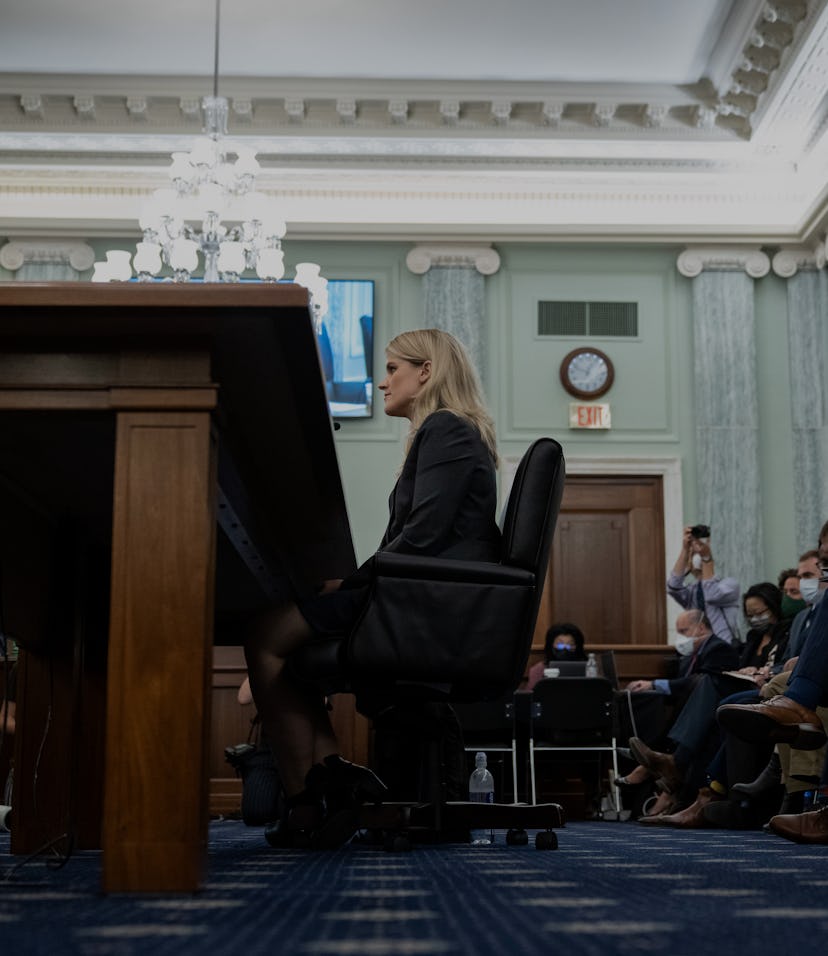Culture
Facebook has begun carefully constructing its paper trail
A new "legal hold" covers all Facebook documents from 2016 onward. WhatsApp, Spark AR, and New Product Experimentation documents are exempt.

Facebook has asked staff to save “internal documents and communications” dating back to 2016 as U.S. government investigations of the company ramp up, The New York Times reports. A company-wide email sent Tuesday night confirmed that lawmakers have indeed begun inquiring about Facebook’s operations.
The government is already in possession of thousands of internal Facebook documents, thanks to former employee Frances Haugen. The contents of those documents, which have come to be referred to as “The Facebook Papers,” have become public knowledge via a series of media publications this week.
“As is often the case following this kind of reporting,” the internal email reads, “a number of inquiries from governments and legislative bodies have been launched into the company’s operations.”
Not everything needs to be kept — For its “legal hold,” as it’s called, Facebook has asked employees to hold onto everything since January 1, 2016. That includes encrypted messages. Facebook also warned employees against using ephemeral messaging services for the time being. The company is also asking employees to not discuss the legal hold on Workplace, its internal social network.
When Facebook says “everything” needs to be preserved it doesn’t actually mean everything. Employees have been told that documentation related directly to WhatsApp, Spark AR, and the New Product Experimentation group were exempt from the legal hold. WhatsApp messages related to other Facebook products are included in the hold, though.
Planned obfuscation — The failings of Facebook as a social media platform are numerous and diverse. It’s clear from the documents that have leaked thus far that most, if not all, of these problems could’ve been avoided or minimized if attention had been brought to them earlier. But nearly no one outside of Facebook knew the extent of these issues until Haugen leaked them. We were aware of them generally, but we had little hard evidence of Facebook’s knowing complicity.
Haugen made this point abundantly clear in her Senate testimony. Facebook’s company culture is one that prioritizes insularity above all else. Employees are meant to believe that sharing insider Facebook knowledge with the outside world is antithetical to its mission forward.
“These are the actions of a company attempting to resist scrutiny, not embrace scrutiny,” Sen. Richard Blumenthal, a leader of the Senate subcommittee’s Facebook investigation, wrote to Mark Zuckerberg in an email.
Now that lawmakers understand the extent of Facebook’s insularity, they want to ensure those internal documents don’t suddenly go missing. Transparency is Facebook’s ultimate goal, right? So it shouldn’t be too difficult for the company to hold onto some documentation. Right?